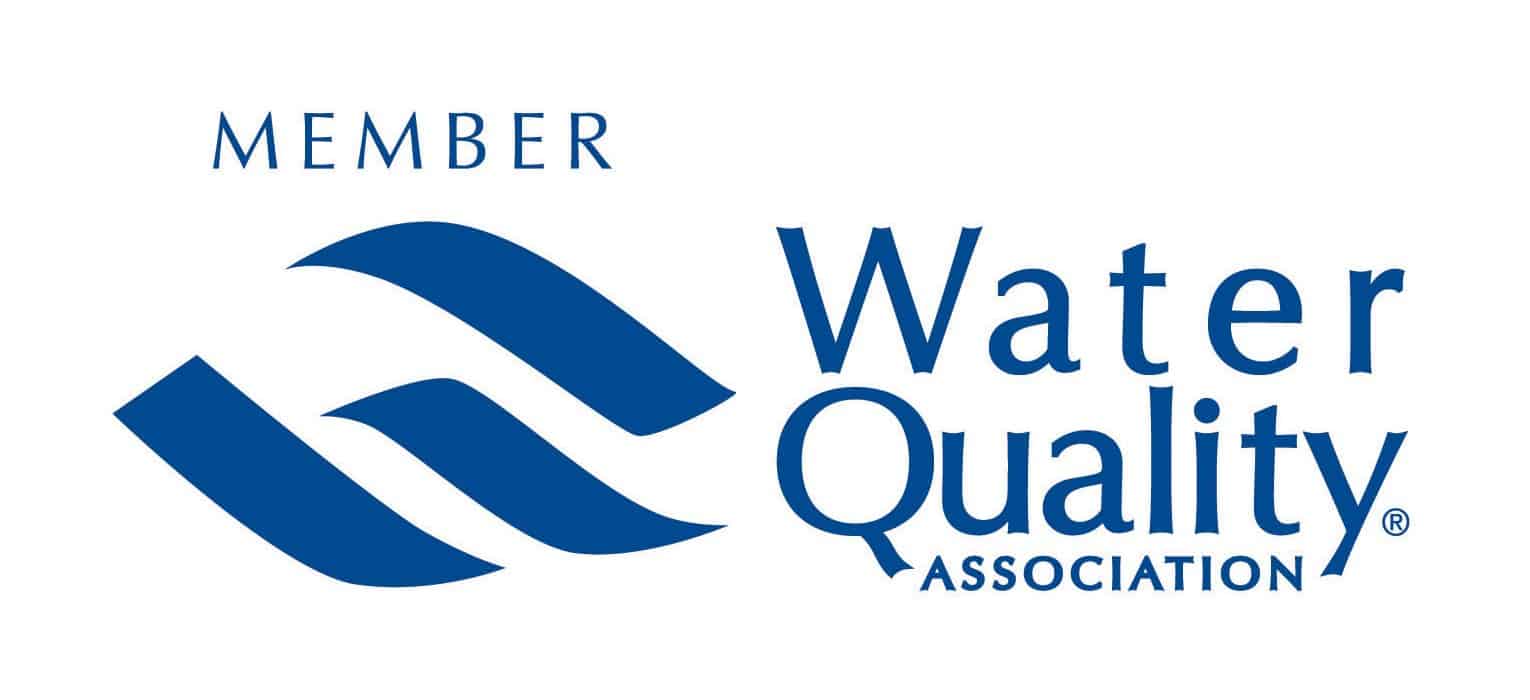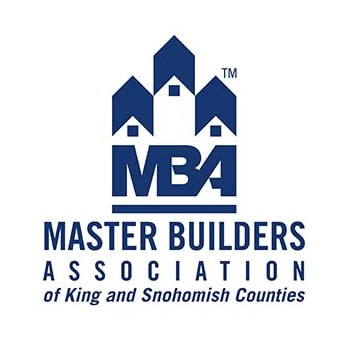As a well owner in the Pacific Northwest, there are several important maintenance tasks you should consider to ensure the proper functioning and safety of your well system. Here are some key maintenance activities:
- Regular Water Testing: Schedule periodic water quality tests to check for contaminants, such as bacteria, nitrates, or other harmful substances. This helps ensure the water is safe for consumption.
- Well Inspection: Have your well system inspected by a qualified professional at least once every few years. They can assess the condition of the well casing, seals, screens, and other components to identify any potential issues.
- Pump Inspection and Maintenance: Check the well pump regularly for signs of wear or malfunction. Inspect electrical connections, pressure switches, and pressure tanks. Lubricate moving parts as needed. It’s recommended to have a professional perform more comprehensive pump maintenance every few years.
- Protect the Wellhead: Ensure the wellhead is properly protected from the elements and potential contamination sources. Maintain a clear area around the well, free from debris, chemicals, or other potential contaminants.
- Monitor Water Levels: Keep an eye on the water levels in your well, especially during periods of drought or heavy water usage. If the water level drops significantly, it may indicate a problem or the need for adjustments to the pumping system.
- Address Surface Water Drainage: Properly manage surface water runoff around your well to prevent pooling or seepage. Ensure water is directed away from the well, and consider installing a well cap or seal to minimize the risk of surface water infiltration.
- Annual System Check-up: Conduct an annual inspection of the entire well system, including pipes, connections, and valves. Look for signs of leaks, corrosion, or other damage that may affect the system’s performance.
- Maintain Records: Keep detailed records of maintenance activities, water tests, and any repairs or modifications made to the well system. These records can help identify patterns or changes in water quality over time.
Remember, it’s crucial to consult with a professional well contractor or water expert in your area for specific guidance tailored to your well system’s needs. We can provide you with accurate advice and ensure compliance with local regulations. CALL: (360) 684-1932




